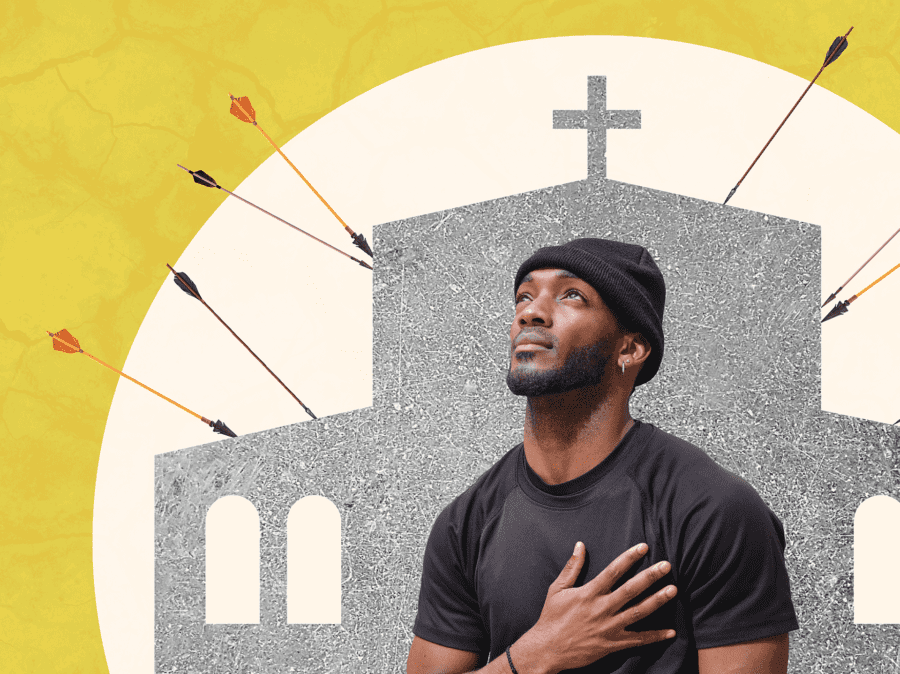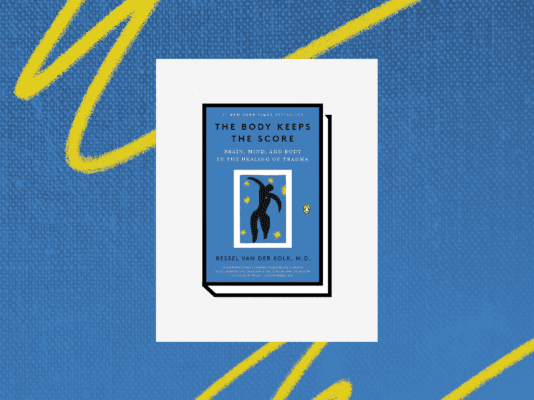A woman enters a church building for the first time. She is a White Hispanic woman with a high school education who lives in an urban area. She has been to several churches throughout her lifetime. Her faith is very important to her. Recently, she talked with a doctor about symptoms of postpartum depression. Her medical provider referred her to a psychiatrist. She has spoken to pastors about anxiety and depression symptoms that she has experienced at other points in her life as well. Her doctor mentioned that professional counseling could help her.
What type of response will she get from this new church and its pastor? Will the pastor encourage her to keep her appointment with the psychiatrist? Will he offer counseling within the church or suggest a licensed professional counselor who has a Christian private practice in the community? Will the pastor account for the complex cultural, biological, psychological, and social factors at play? Will any key leaders in the church have knowledge about or experience with depression or anxiety?
Views of mental health in the Church
As described by Eric Johnson, “The Christian counseling community has been experiencing something like a ‘Forty Years War,’ in which various factions have alternately criticized, denounced, and ignored one another, each firmly convinced that its approach is the only valid one.”1E. L. Johnson, “Gaining Understanding Through Five Views,” in Psychology and Christianity: Five Views, 2nd ed. (Downer’s Grove, IL: IVP Academic, 2010), 311. Debates abound about how to view psychology and mental illness in the Church. Some have even rejected psychology outright and denied the existence of mental illness. While those in seminaries and Christian graduate schools around the United States continue to engage in such discussions and write myriad papers on the subject, people who know nothing of these turf wars are inadvertently influenced by them every day.
There are ways in which the Church has needed to respond to certain claims made by psychology, and there are arguments to be made against overdiagnosis and the overuse of medications. However, these arguments, flowing to congregations in overt and covert ways during church services, have sometimes hindered Christians from seeking professional help. Not only that, but a rejection of the study of psychology and mental illness has increased stigma, which can lead to Christians feeling responsible for their own symptoms.
Since the publication of Johnson’s Psychology and Christianity: Five Views, the mental health landscape has continued to change.2E.L Johnson, ed., Psychology and Christianity: Five Views, 2nd ed. (Downer’s Grove, IL: IVP Academic, 2010). As of 2021, the Substance Abuse and Mental Health Services Administration (SAMHSA) reported that 22.8% of all U.S. adults experience mental illness in a given year.3“Mental Illness,” National Institute of Mental Health (NIMH), September 2024, https://www.nimh.nih. gov/health/statistics/mental-illness. Those aged 18-25 had even higher rates (33.7%). Our understanding of the brain and neuroscience continues to expand, and professional mental health services are more widely available in many communities than ever before due to expanded funding since 2014. Telemental health services are starting to reach even underserved rural areas.
The Church can play a role in the reduction of stigma by influencing both the wider church culture and the individual who is suffering. The following are steps that pastors and churches can take to be a part of the stigma-reduction movement:
1. Publicly talk about some forms of mental illness as a biological disorder.
In a sermon, when mentioning words like “depression” or “anxiety,” add a caveat that acknowledges that some people experience clinical disorders that go beyond the everyday worries that we all experience. Describe major depression, clinical anxiety, psychosis, or PTSD just as you would any illness, such as cancer.
It is unlikely that most pastors would suggest prayer alone as treatment for a cancer diagnosis, yet a Lifeway research study reported that a third of evangelical Christians believe that prayer alone heals mental illness.4Bob Smietana, “Half of Evangelicals Believe Prayer Can Heal Mental Illness,” Lifeway Newsroom, September 17, 2013, https://news.lifeway.com/2013/09/17/half-of-evangelicals-believe-prayer-can-heal-mental-illness/ Talking openly about mental illness as a disorder of the brain. This helps to reduce both public and self-stigma.
2. Encourage professional counseling.
Pastors are frequently on the front line in the response to the mental health crisis. In 2014, Lifeway Research reported that 59% of pastors have counseled people with a serious mental illness.5“Study of Acute Mental Illness and Christian Faith,” Lifeway Research, September 2014, http://research. lifeway. com/wp-content/uploads/2014/09/Acute-Mental-Illness-and-Christian-Faith-Research-Report-1.pdf. Ed Stetzer, former president of Lifeway Research, stated, “pastors need more guidance and preparation for dealing with mental health crises.”6Bob Smietana, “Mental Illness Remains Taboo Topic for Many Pastors,” Lifeway Research, September 22, 2014. Pastors are usually not trained to assess, diagnose, or treat mental illness.
Pastors are frequently on the front line in the response to the mental health crisis.
If someone in your congregation has depression, anxiety, trauma symptoms, or other signs of a mental illness, you should encourage them to seek counseling from a licensed mental health professional as well as their primary care doctor. Doing so does not mean that you no longer meet with them for spiritual guidance, prayer, or Bible study. As a rule of thumb, if a person needs more than three sessions of pastoral counseling, it is wise to refer them to a mental health professional for assessment and treatment. This professional help can serve you and your congregant as you continue to walk alongside them.
3. Assess your own well-being.
Pastors are not immune from mental illness. The 2014 Lifeway Research report noted that 23% of pastors stated they experienced mental illness themselves. When including mild levels of major depressive disorder, this number has been measured in clergy samples to be between 40–52%.7Kristen M. Kansiewicz et al., “Well-Being and Help-Seeking Among Assemblies of God Ministers in the USA,” Journal of Religion and Health 61, no. 2 (April 2022): 1242-60, https://doi.org/10.1007/s10943-021-01488-z Pastors are most at risk for poor mental health when they are working alone or if they have fewer than three close friends in whom they can confide.8Kristen M. Kansiewicz et al., “Empowering Clergy to Live Well: Lessons from a New Study of Baptist Pastors and Their Spouses” (Christian Association for Psychological Studies, Atlanta, GA, 2024). Kristen M. Kansiewicz et al., “Empowering Clergy to Live Well: Lessons from a New Study of Baptist Pastors and Their Spouses” (Christian Association for Psychological Studies, Atlanta, GA, 2024). Take time annually or quarterly to evaluate your use of social supports, your stressors, and your sense of meaning and purpose in life and in ministry.
Conclusion
Take a moment to pause and reflect on your own thoughts about mental illness. How have you spoken about mental illness or mental health topics in the past? Do you have a list of licensed professional counselors in your area, or have you tended to handle all counseling yourself? Have you considered going to a licensed Christian counselor to talk about the pressures you face in your life and ministry?
Learning more about mental illness and the treatments available, as well as attending to your own mental health, can make a huge impact on reducing stigma in the Church.
This article is from the Winter 2024 issue of Light magazine, Finding Rest in the Wilderness: Hope and Help for Mental Health Struggles.










